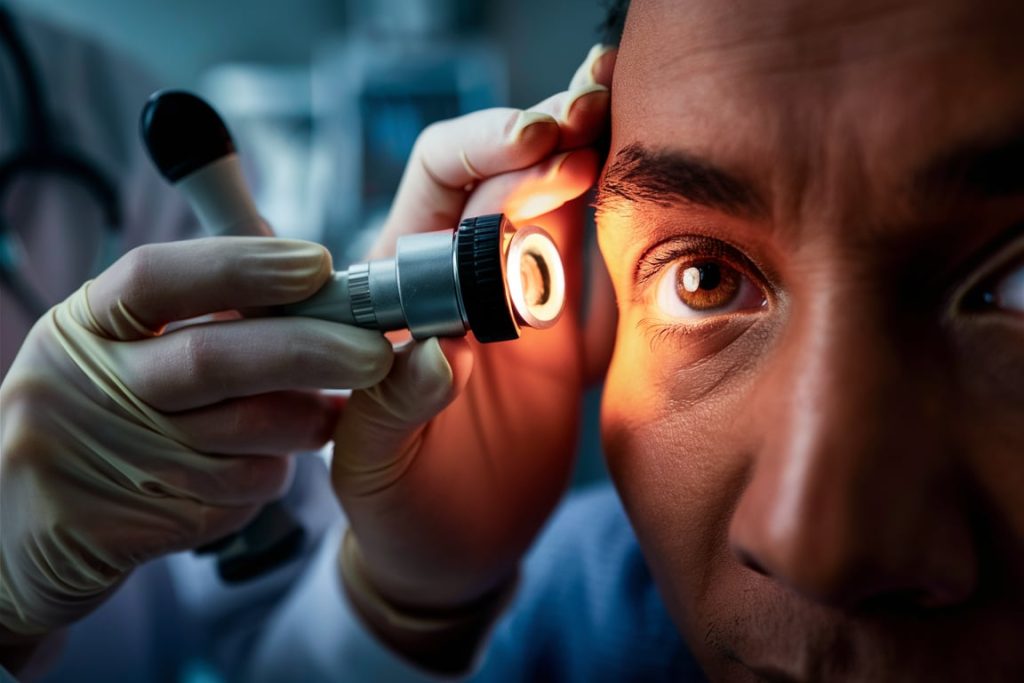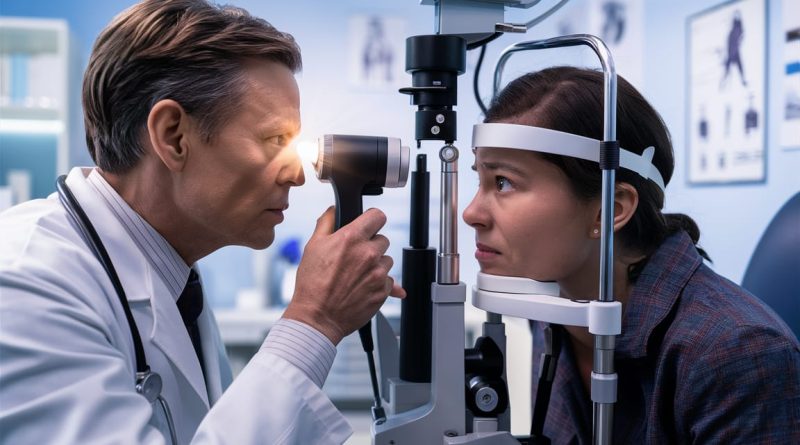Protect Your Eyes: Understanding the Risks of Semaglutide.
Are you using semaglutide for weight loss or diabetes management? While it’s an effective treatment, recent studies have shown potential risks for eye health. Learn more about how to protect your vision and manage your health effectively.
What is Semaglutide?
Semaglutide is a medication commonly used for managing type 2 diabetes and aiding in weight loss. It’s known for its effectiveness, helping many people control their blood sugar levels and achieve their weight loss goals.
The Eye Health Concern
A new study published in JAMA Ophthalmology has revealed a significant risk associated with semaglutide. Researchers found that patients using this medication are at an increased risk for a serious eye condition called nonarteritic anterior ischemic optic neuropathy (NAION). This condition can lead to sudden vision loss due to reduced blood flow to the optic nerve.
What is NAION?
NAION is one of the most common causes of sudden blindness in adults. It occurs when the blood flow to the optic nerve is blocked or reduced, which can happen without warning. Unfortunately, there is no known treatment for NAION, making it crucial to be aware of the risks and take preventive measures.
Protecting Your Vision

If you are taking semaglutide, it’s important to have regular eye check-ups and stay informed about any changes in your vision. Early detection of eye issues can help manage the condition more effectively. Here are some tips:
Regular Eye Exams: Schedule regular appointments with your eye doctor to monitor your eye health.
Monitor Symptoms: Be vigilant about any changes in your vision, such as blurriness or sudden vision loss, and seek medical advice immediately.
Healthy Lifestyle: Maintain a healthy diet and exercise regularly to support overall health, including eye health.
Conclusion
While semaglutide can be a powerful tool for managing diabetes and aiding in weight loss, it’s important to be aware of potential side effects, including the risk to your vision. Regular eye exams and a healthy lifestyle are key to mitigating these risks.
For more information on semaglutide and eye health, consult your healthcare provider or visit reputable medical websites.

